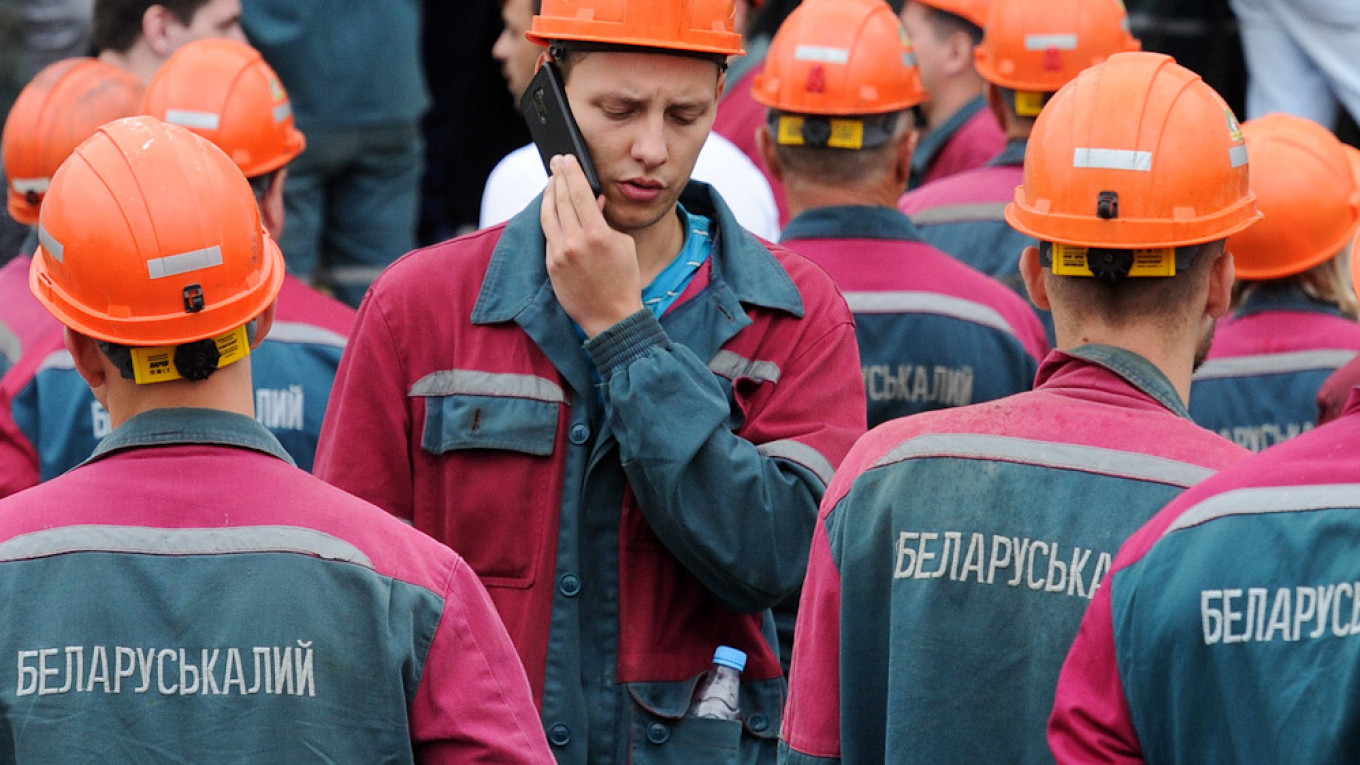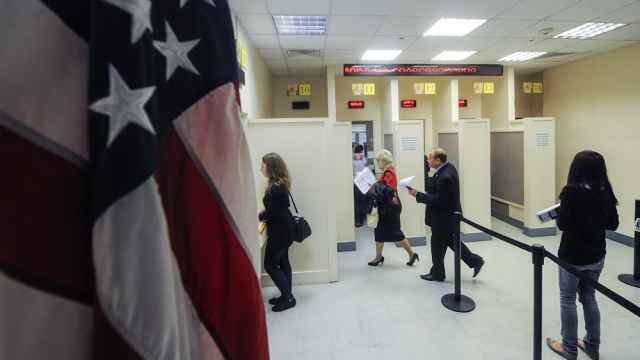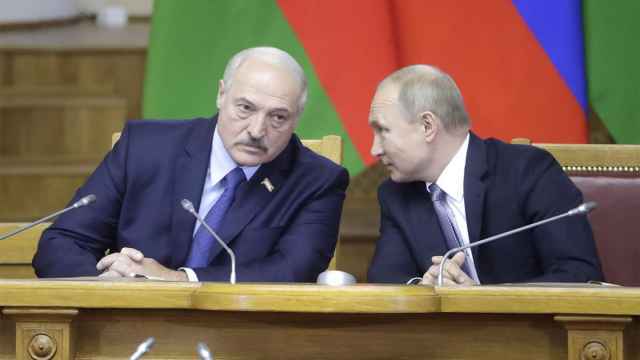By approving sanctions on potash fertilisers and petroleum and petrochemical products, European Union foreign ministers are targeting two mainstays of the Belarus economy.
The sanctions – to be formally adopted by the 27-nation bloc in the coming days – target major sources of revenue for the regime of Alexander Lukashenko.
Potash
Belarus is the world's second-largest exporter of potash fertilizers after Canada, according to the World Bank, with sales in 2018 worth $2.8 billion.
State group Belaruskali says it produces around a fifth of the world's potash fertilizer and employs 16,000 people.
Exports are an important source of foreign currency for the state-controlled economy.
Most Belarusian potash is exported to Brazil, China and India, but Poland and Belgium are also major clients.
Production was suspended several times at the Belaruskali potash plant as workers joined strikes during last year's post-election protests against Lukashenko.
Petroleum products
Belarus does not have its own hydrocarbon reserves but oil and gas still play a major role in its economy.
The country benefits from preferential prices for Russian crude and has maintained refineries and pipelines built when it was part of the Soviet Union.
Refined petroleum products are Belarus's biggest export, worth $6.5 billion in 2019.
Its main clients are Ukraine, which bought $2.5 billion worth that year, and Britain, which bought $2.2 billion worth. Three EU countries followed: Germany, the Netherlands and Poland which together accounted for more than $1.5 billion in purchases.
Belarus also controls a series of pipelines carrying Russian oil and gas to Europe, but the EU does not yet appear to be targeting the network, which provides Minsk with significant transit fees.
A Message from The Moscow Times:
Dear readers,
We are facing unprecedented challenges. Russia's Prosecutor General's Office has designated The Moscow Times as an "undesirable" organization, criminalizing our work and putting our staff at risk of prosecution. This follows our earlier unjust labeling as a "foreign agent."
These actions are direct attempts to silence independent journalism in Russia. The authorities claim our work "discredits the decisions of the Russian leadership." We see things differently: we strive to provide accurate, unbiased reporting on Russia.
We, the journalists of The Moscow Times, refuse to be silenced. But to continue our work, we need your help.
Your support, no matter how small, makes a world of difference. If you can, please support us monthly starting from just $2. It's quick to set up, and every contribution makes a significant impact.
By supporting The Moscow Times, you're defending open, independent journalism in the face of repression. Thank you for standing with us.
Remind me later.






